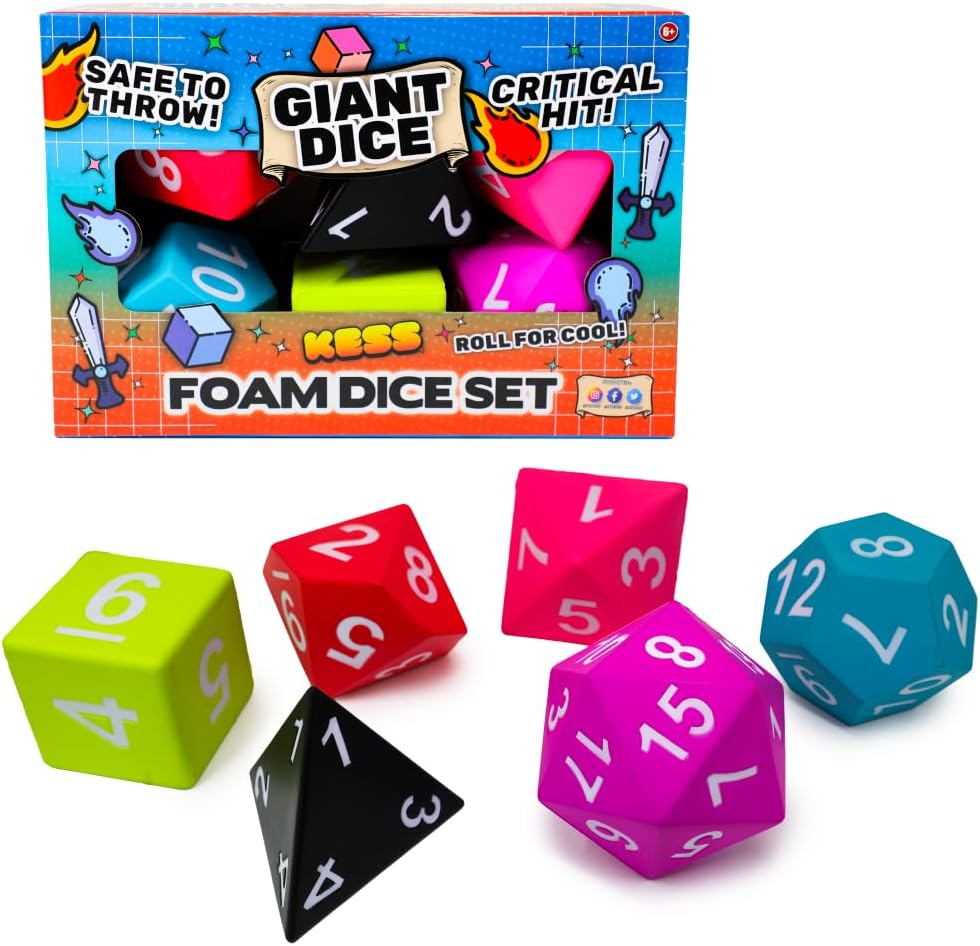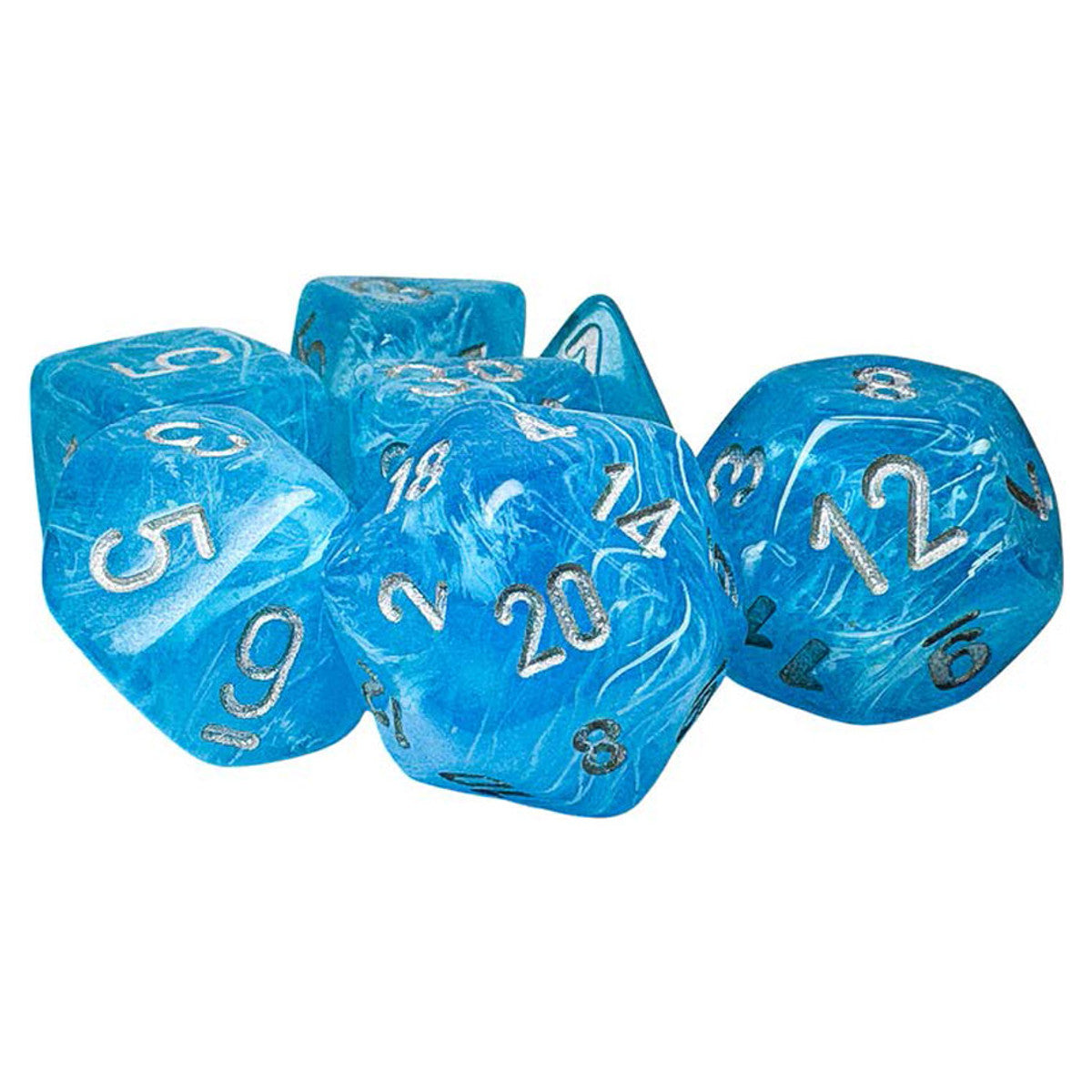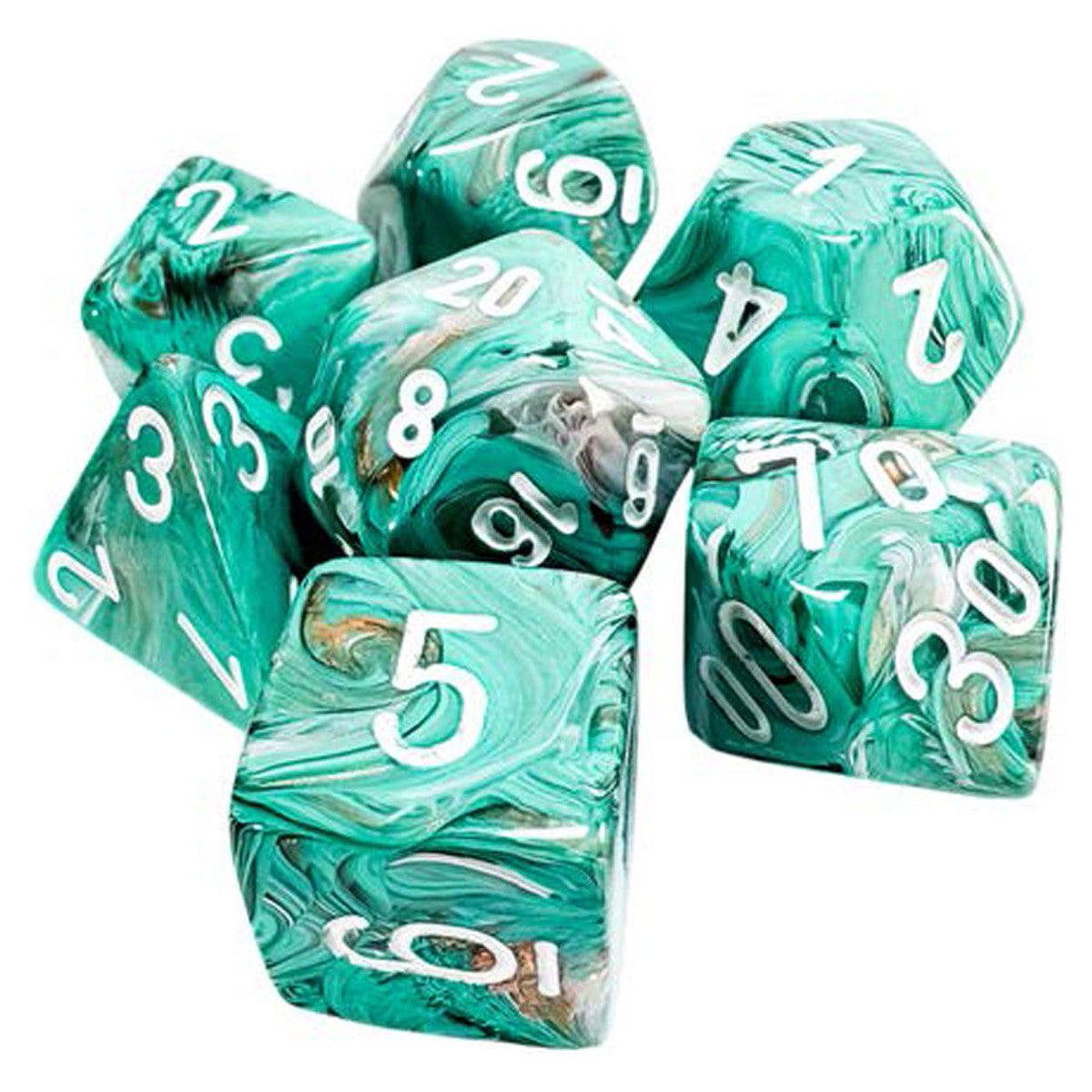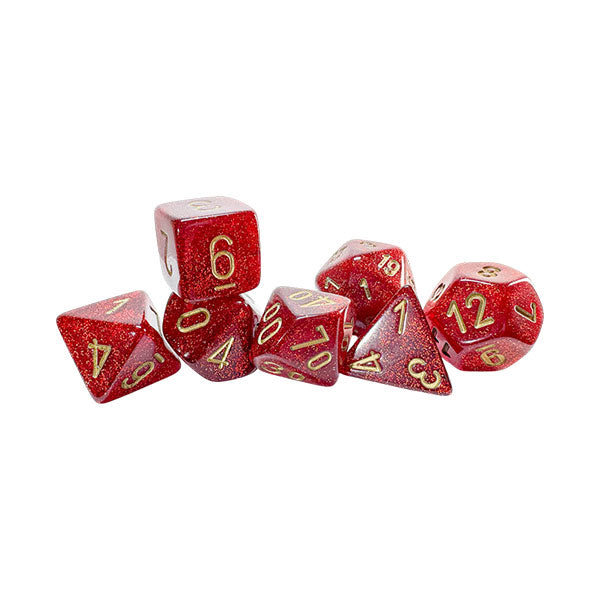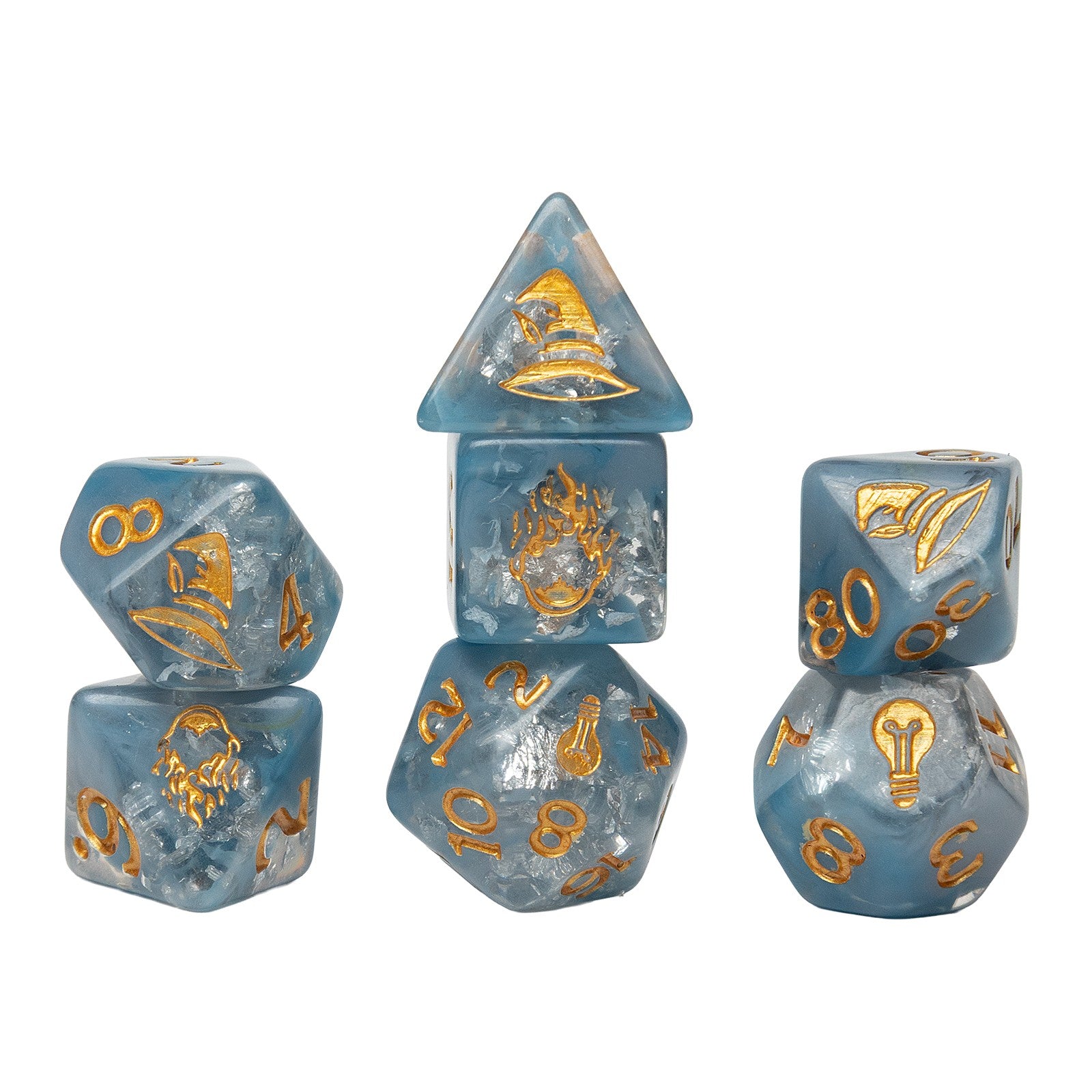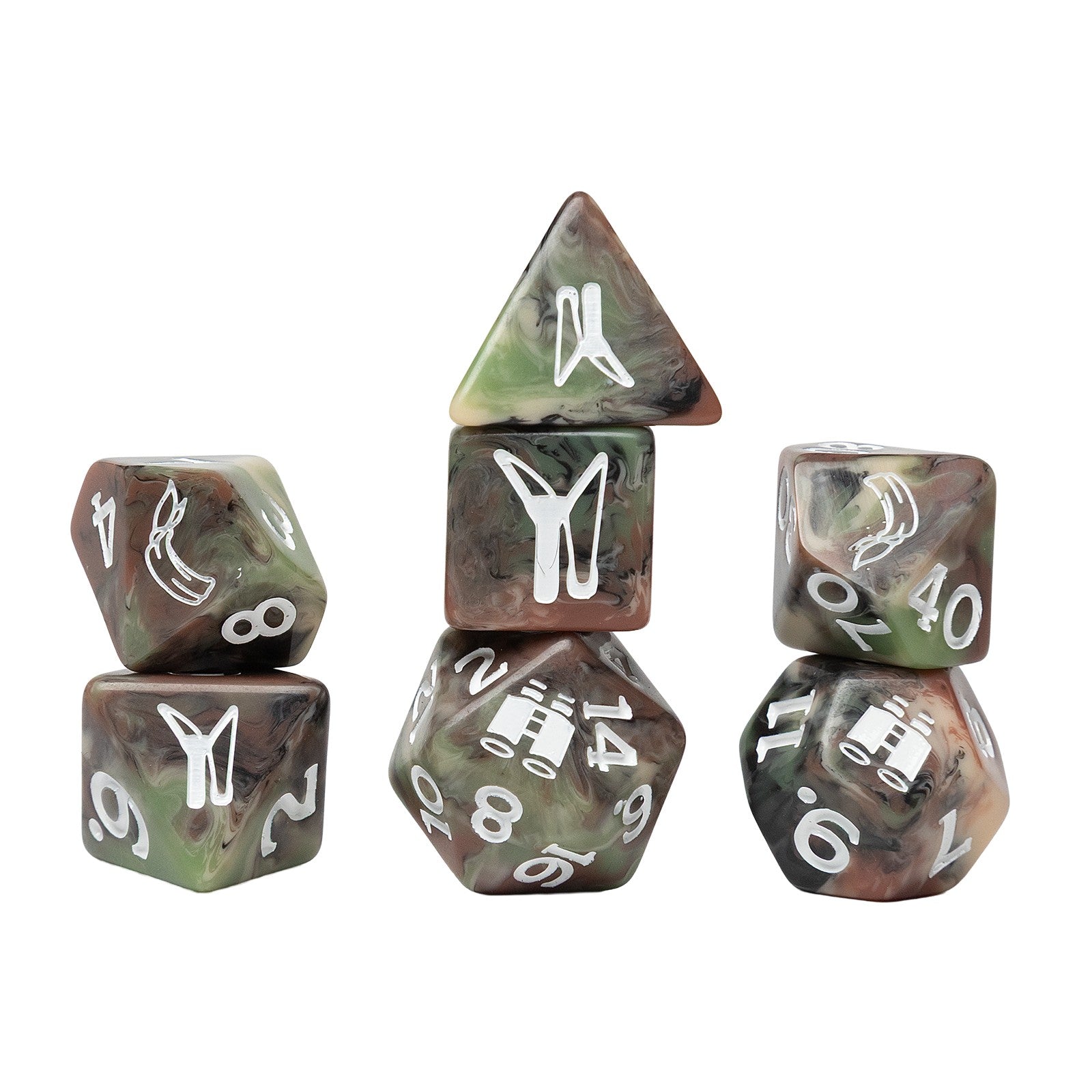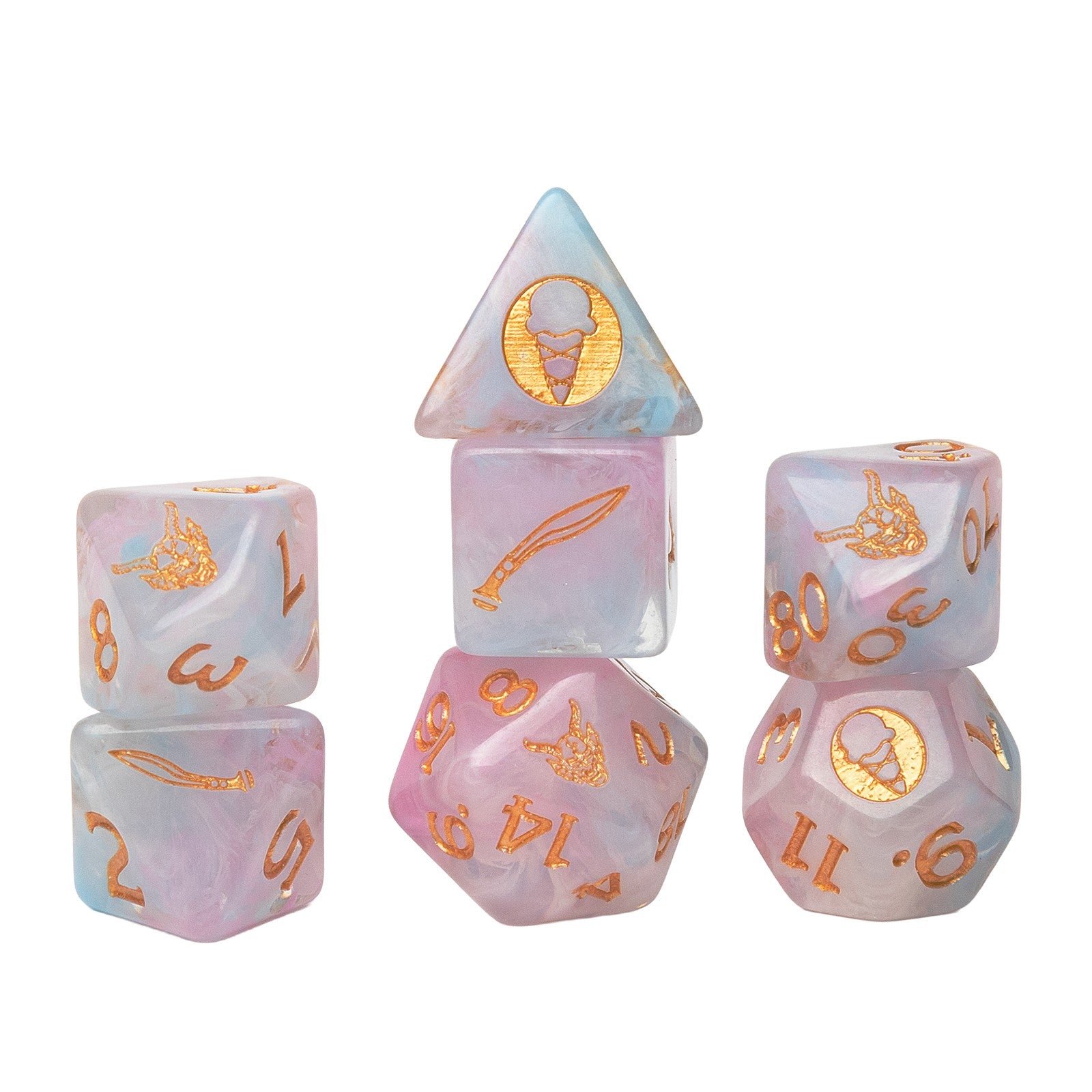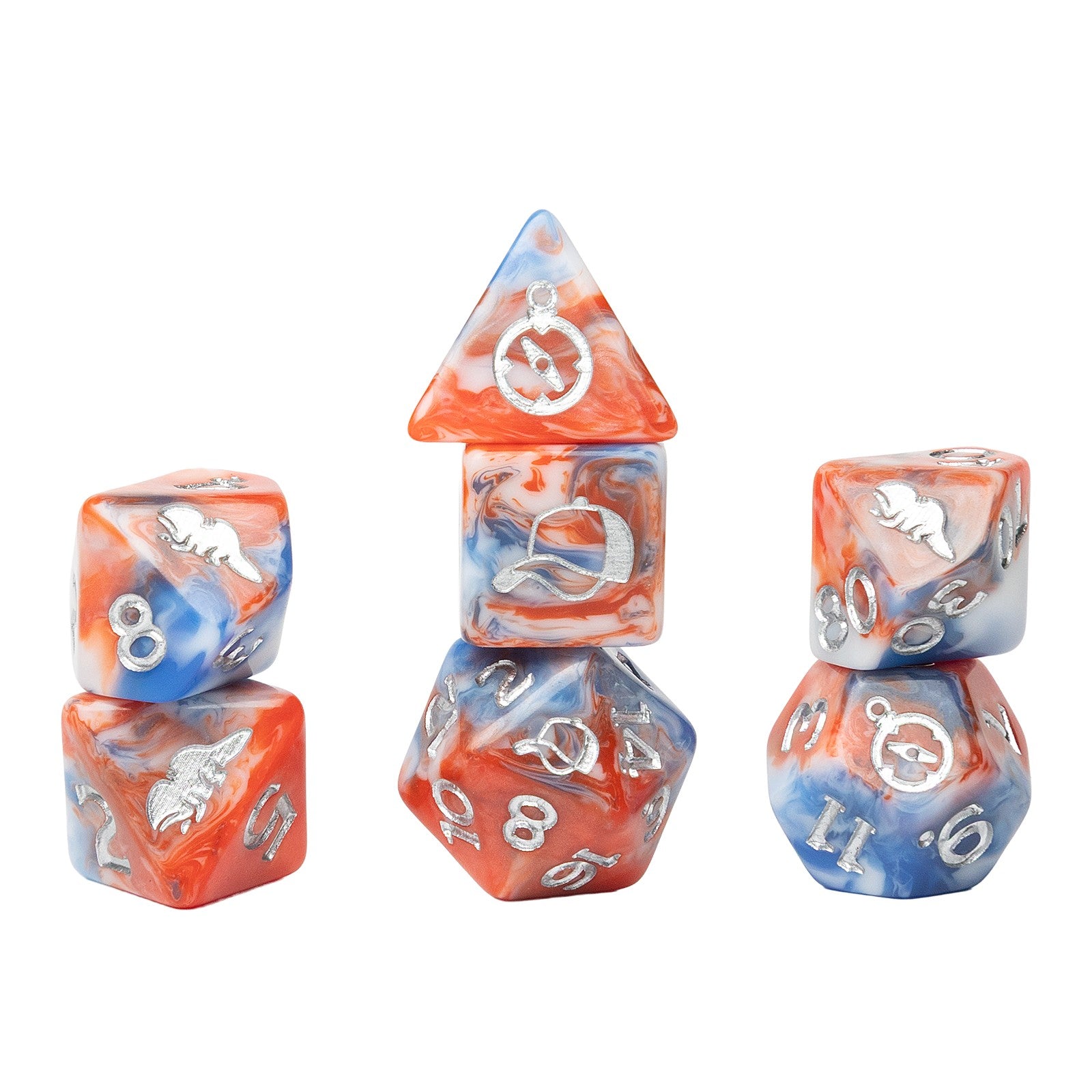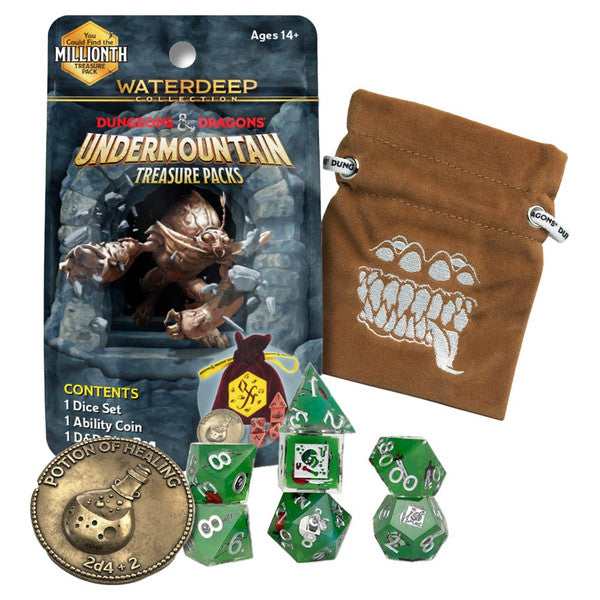Backstories are the bones of your character. They mention the highlights of their life, give some context to that one weird quirk, and lay out the roadmap that shows how they got here and where they’re (hopefully) going. All backstories function the same, whether you’re sitting down for a one-hour one-shot or gearing up for a five-year campaign—but did you know there’s a way to make them…better?
Backstories are necessary not only to inform the character you’ll be playing, but to give your GM some insight into possible decisions you’ll make down the road. By considering the smaller details of your character’s life (and their implications), you’ll make life more interesting—and easier—for you and your GM.
1. Consider their childhood
Whether it was a time filled with wonder and whimsy or hardship and strife, our early years played an important role in informing the people we became later in life. Those experiences, emotions, and relationships were integral in shaping our worldview—regardless if we strove to distance ourselves from that era or embrace it with open arms. These details are important to consider whether you’re playing a 300-year old druid, or plucky teenage rogue.
Some things to ask yourself:
- What environment did my character grow up in?
- What was my character’s relationship with important figures in their early life?
- What did my character want as a child? Did they get it? Did it change?

2. Cause and Effect
Though mentioned above, the importance of environment cannot be understated. Consider not only the place you grew up, but the environments you’ve visited and lived in since then—how have they affected your personality and decision-making? If your character is a sheltered prince with access to his family’s library, his view of the world will be through words on a page, and he might have very little firsthand experience himself. A cheerful rogue roaming the streets of a foreign city might love helping others, but her experiences with thieves might leave her a little hesitant to share.
Some things to ask yourself:
- What kind of environments has my character spent most of their time in?
- How have these environments affected their personality?

3. Pull from Experience
In the world of fantasy, it’s often very hard to share firsthand experience with your character—have you been the lone priestess of the Temple of Ice, defending the inner sanctum against a crazed dragon hellbent on breaking through the walls? Probably not. However, there is something you do have experience with, and that’s human emotion. Whether it’s an event where you experienced euphoria, satisfaction, loneliness, or resentment, these experiences and emotions can lead to the creation of memorable stories that truly resonate with you, instead of simply throwing details onto a page and trying to figure out how to play them later.
Some things to ask yourself:
- Which aspects of my character’s backstory do I relate to?
- How would a different personality type handle certain emotions?
- How would my character react to ___?

4. Hit the Highlights
Sometimes the most challenging aspect of a character’s backstory is simply its length. Is one paragraph too short? Is five pages too long? While backstories don’t have a recommended minimum or maximum length, a good rule of thumb is to hit the highlights. Remember: backstories help inform your character, but some of their most endearing (or obnoxious) qualities can be figured out during actual play.
Ask yourself:
- What are the important events in your character’s life?
- How did these events shape them?
- Where did these events lead them?




